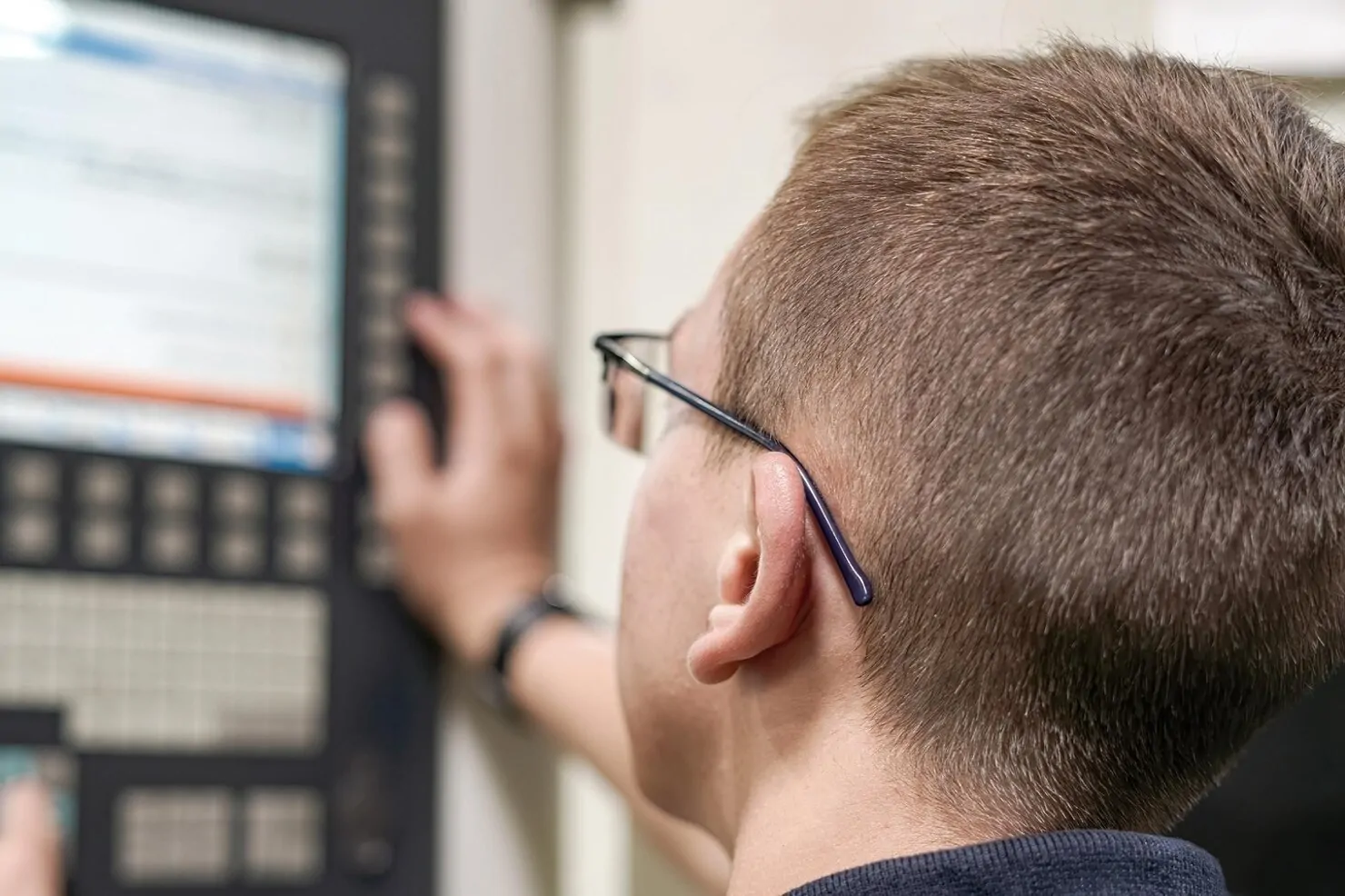Polygraph testing has long been a popular method for revealing the truth in the corporate environment, when resolving disputes and conflicts, and when conducting investigations. It is important to remember that any test of this kind can only be carried out with the voluntary consent of the person. However, there are cases when it is necessary to test not an adult, but a minor. And here the question of the legality of conducting the study in principle invariably arises, because it is associated with ethical and moral aspects. Today we will talk about the possibilities, risks and limitations associated with polygraph testing of children.
When is it necessary to test children?
In life, there are often situations when a detector can be the fastest and safest way to establish the truth. Most often, testing concerns teenagers who, due to their age, can become participants in controversial situations. Thus, the reasons for a polygraph test can be:
- investigation of thefts;
- identification of facts of alcohol or illegal substance use;
- early sexual intercourse;
- participation in sects or other dangerous organizations;
- addiction to gambling, etc.
Changes in a child’s behavior or other alarming signals may prompt the need for testing on a detector. In an effort to protect their children and provide them with the necessary help in a timely manner or to understand a difficult situation, parents or guardians resort to the services of polygraph examiners.
It is also worth mentioning the legislative aspect. According to the basics of procedural law, interrogation, and therefore polygraph testing, is only permitted for children over 16 years of age. Although there are no specific laws regarding the polygraph, it is not recommended to test children under 12. This is due not only to emotional instability, but also to children’s tendency to fantasize. Lie detector test children from 12 to 16 years old may be possible under strict compliance with certain conditions, as well as in cases where the stress from the procedure is completely justified. The final decision is always made by a polygraph specialist, taking into account the psychophysiological characteristics of a particular person.
Characteristics of underage subjects
When working with children, it is always important to understand that this category of people has certain psychological and physiological characteristics. Allowing for the possibility of testing children on a polygraph, the following should be taken into account:
- Emotional instability. Adolescence is the most difficult period in a person’s life. This means that reactions to any situation, especially stress, can be unpredictable.
- Possible lack of self-control. Inevitable anxiety or attempts to lie can lead to inconsistent answers and distorted test results.
- Physiological immaturity. Many teenagers experience stress from the start, as their bodies undergo hormonal changes that lead to increased heart rate, increased sweating, and shortness of breath.
Therefore, if a decision is made to conduct a polygraph test, the expert conducting the study must take all of these aspects into account.
Rules for testing children on a polygraph
Even if a child reaches the age of sixteen, it is illegal to simply put a child on a polygraph. There are clear requirements for conducting such a procedure. These include:
- voluntary consent of the child and his parents/guardians;
- mandatory presence of parents, guardians or guardianship authorities during testing;
- careful preparation (this concerns both the composition of questions and detailed explanation of the procedure’s features to children);
- the presence of a psychologist (it is recommended that before and during testing there be a specialist next to the child who monitors the situation and is able to stop the test in time if necessary);
- adherence to time limits (unlike adults, children are not capable of remaining in a tense state for a long time, so the testing time should be reduced).
Even if you pass a polygraph test, it is important to understand that the results do not have any legal force. In some cases, they can be used as additional evidence, provided that there is more compelling evidence.
The responsibility for a child always falls on the shoulders of parents. That is why only they decide on the need for a polygraph test. It is worth remembering that even if a teenager has nothing to hide, a lie detector will inevitably become stressful for them. However, in a number of situations, the consequences of concealing the truth can be much more serious, and in such cases, the stress from a lie detector is simply insignificant.
